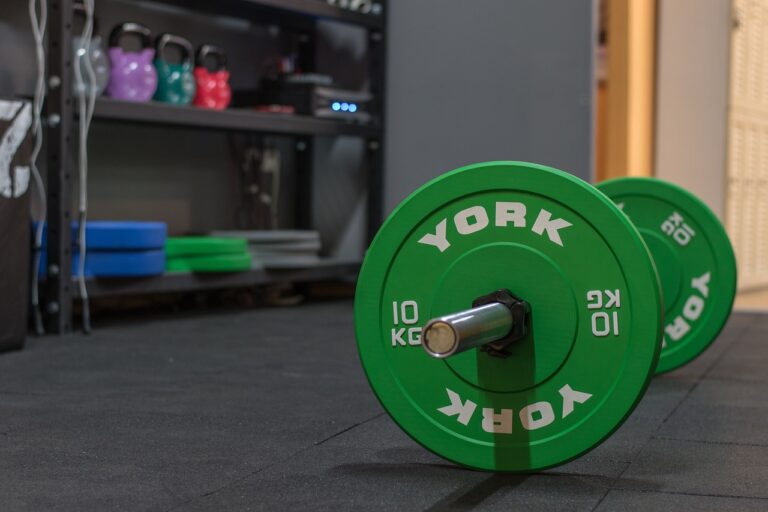Pulmonary Hypertension: Causes, Symptoms, and Treatment: World 7 login, Mahadev book id login, Silver777 login
world 7 login, mahadev book id login, silver777 login: Pulmonary Hypertension affects millions of people worldwide, yet many are unfamiliar with this serious condition. In this article, we will explore the causes, symptoms, and treatment options for pulmonary hypertension, a condition that affects the arteries in the lungs and the right side of the heart.
What is Pulmonary Hypertension?
Pulmonary hypertension is a type of high blood pressure that affects the arteries in the lungs and the right side of the heart. This condition makes it harder for blood to flow through the lungs, leading to increased pressure in the pulmonary arteries. Over time, this can cause the right side of the heart to work harder, leading to potential heart failure and other complications.
Causes of Pulmonary Hypertension
There are several possible causes of pulmonary hypertension, including:
1. Genetics: Some people may inherit genetic mutations that increase their risk of developing pulmonary hypertension.
2. Heart and lung diseases: Conditions such as congestive heart failure, chronic obstructive pulmonary disease (COPD), and pulmonary fibrosis can lead to pulmonary hypertension.
3. Blood clots: Blood clots in the lungs can also cause pulmonary hypertension by blocking blood flow in the pulmonary arteries.
4. Connective tissue disorders: Conditions such as lupus, scleroderma, and rheumatoid arthritis can lead to inflammation and scarring in the lungs, contributing to pulmonary hypertension.
Symptoms of Pulmonary Hypertension
The symptoms of pulmonary hypertension can vary depending on the severity of the condition, but may include:
– Shortness of breath
– Fatigue
– Chest pain
– Swelling in the legs and ankles
– Bluish lips or skin
– Racing heartbeat
If you experience any of these symptoms, it is important to see a doctor for a proper diagnosis and treatment.
Diagnosing Pulmonary Hypertension
Diagnosing pulmonary hypertension typically involves a combination of medical history, physical examination, and tests such as echocardiograms, CT scans, and pulmonary function tests. In some cases, a right heart catheterization may be necessary to measure the pressure in the pulmonary arteries.
Treatment Options for Pulmonary Hypertension
Treatment for pulmonary hypertension aims to reduce symptoms, improve quality of life, and slow disease progression. Some common treatment options include:
1. Medications: There are several classes of medications that may be prescribed to help relax the blood vessels in the lungs and reduce blood pressure.
2. Oxygen therapy: Supplemental oxygen can help improve oxygen levels in the blood and reduce strain on the heart.
3. Lifestyle changes: Eating a healthy diet, exercising regularly, and avoiding tobacco smoke can help manage symptoms of pulmonary hypertension.
4. Surgery: In some cases, surgery may be necessary to repair underlying heart or lung problems contributing to pulmonary hypertension.
5. Support groups: Joining a support group can help you connect with others who have pulmonary hypertension and share experiences and coping strategies.
FAQs
1. Can pulmonary hypertension be cured?
While there is currently no cure for pulmonary hypertension, treatment options are available to help manage symptoms and improve quality of life.
2. How common is pulmonary hypertension?
Pulmonary hypertension is a rare condition, affecting an estimated 15-50 individuals per million people.
3. Can pulmonary hypertension be prevented?
While some risk factors for pulmonary hypertension cannot be controlled, such as genetics, maintaining a healthy lifestyle and managing underlying heart and lung conditions can help reduce your risk.
In conclusion, pulmonary hypertension is a serious condition that requires proper diagnosis and treatment. By understanding the causes, symptoms, and treatment options for pulmonary hypertension, you can take control of your health and work with your healthcare provider to manage this condition effectively. If you experience any symptoms of pulmonary hypertension, be sure to seek medical attention promptly for an accurate diagnosis and appropriate treatment.







